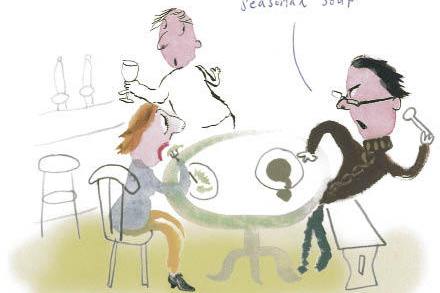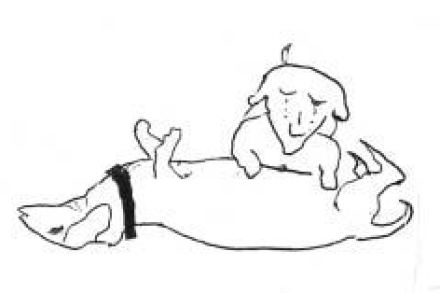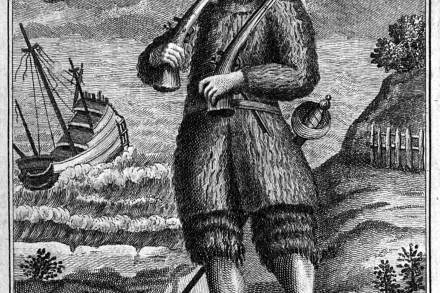In search of a character
A chronicle of three young actors desperate to forge careers in the acting profession sounds like a dangerously familiar proposition. We are all now habituated to the weekly Saturday evening drama of wide- eyed dreamers drilled, mauled, culled and reculled in search of a Nancy, Dorothy or Maria. In Lucky Break, however, Esther Freud redraws the path that leads from Television Centre direct to London’s glittering West End. These young hopefuls are plunged into the maelstrom of a three-year drama school programme that stretches and befuddles them in equal measure. There is a squirm- inducing accuracy to the students’ earnest endorsement of their training, hilariously realised in the principal and





